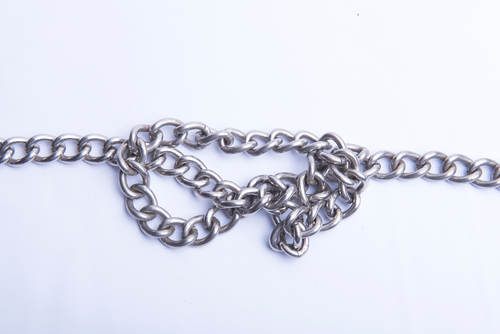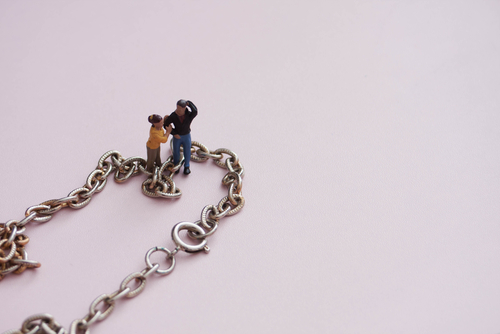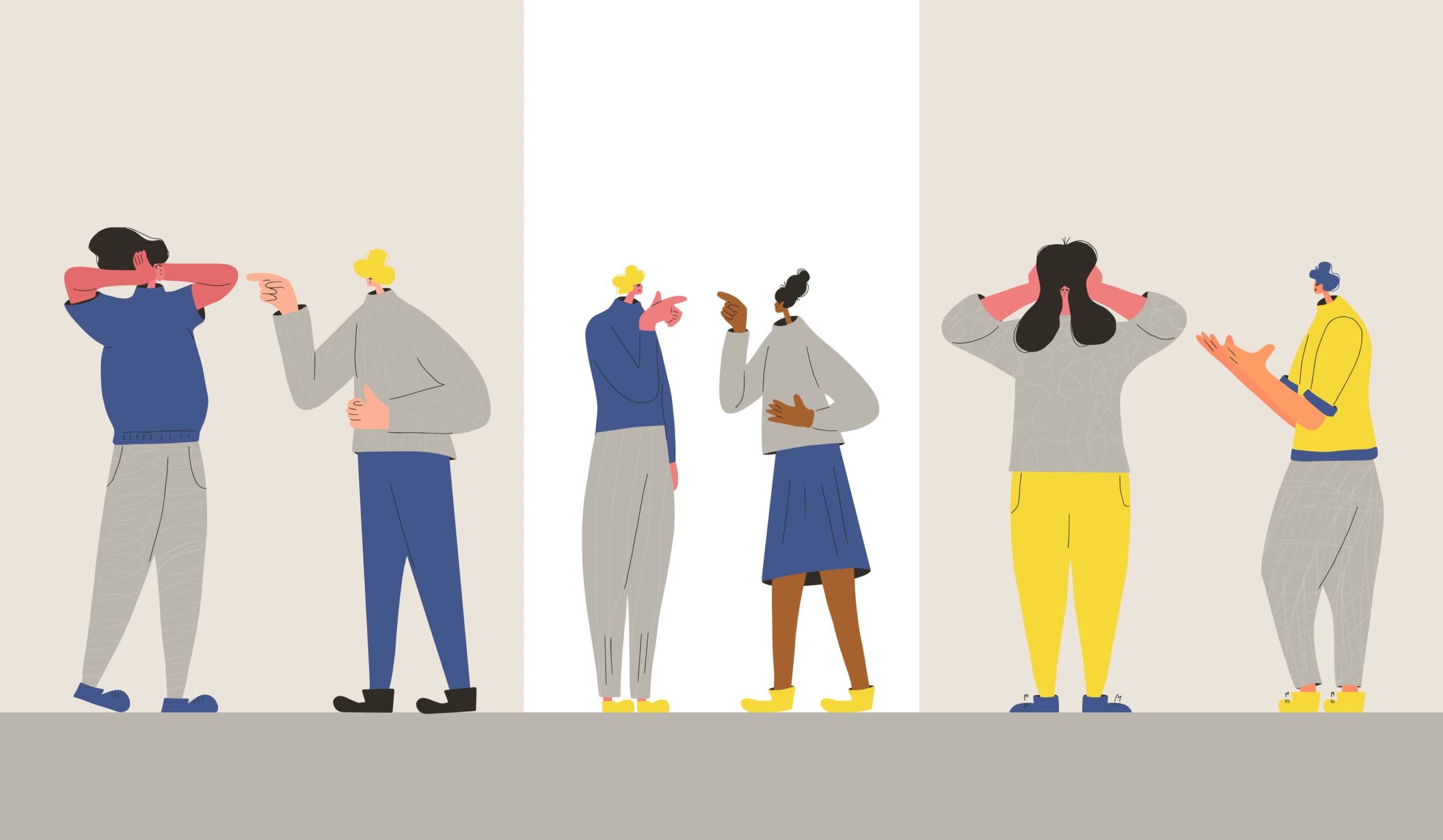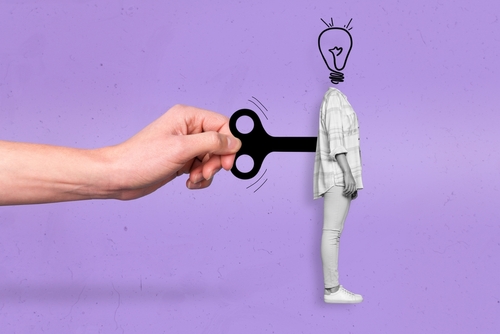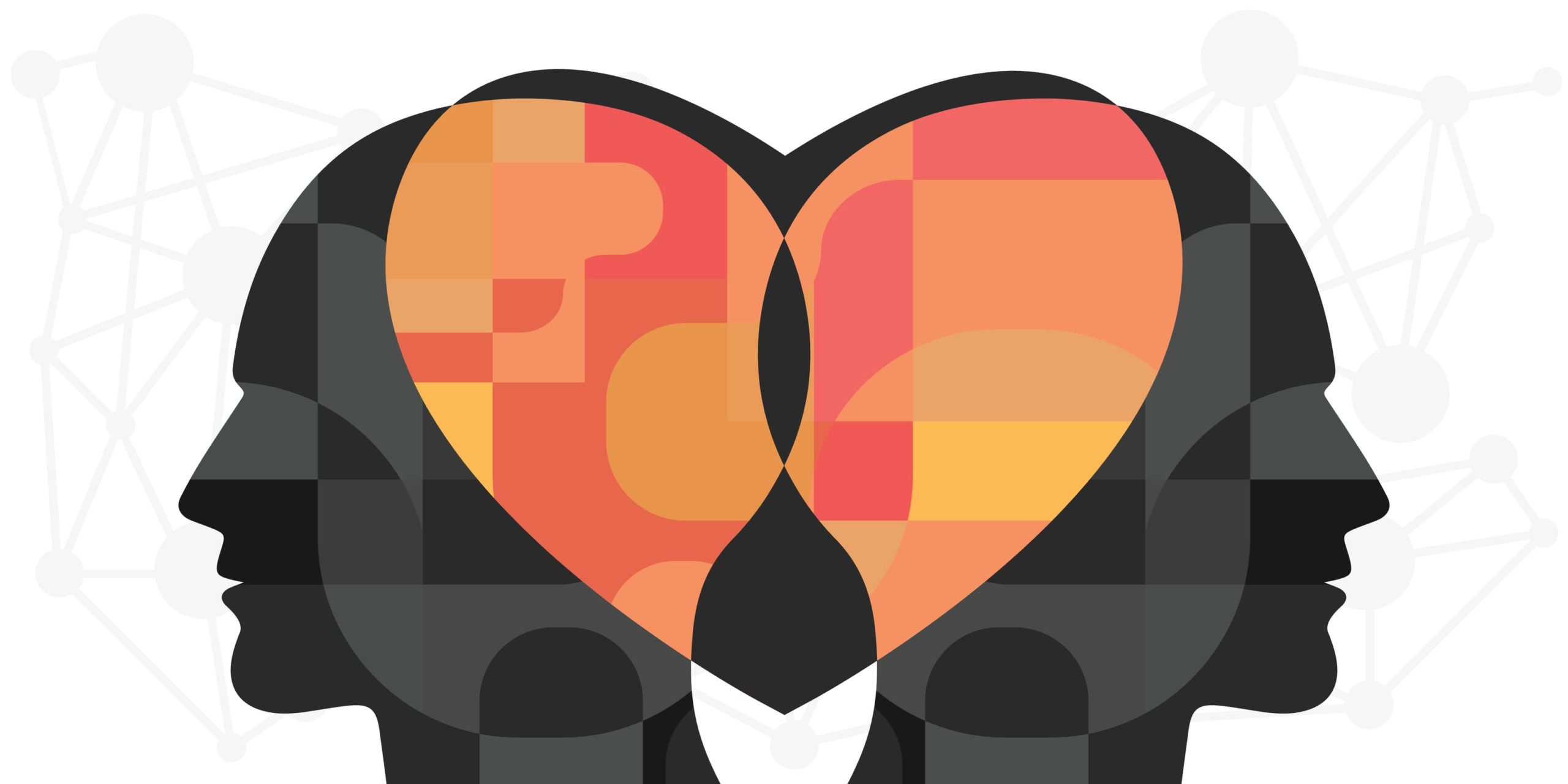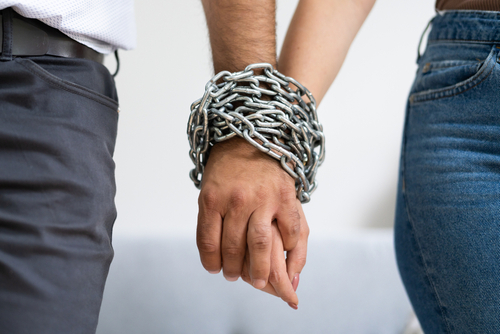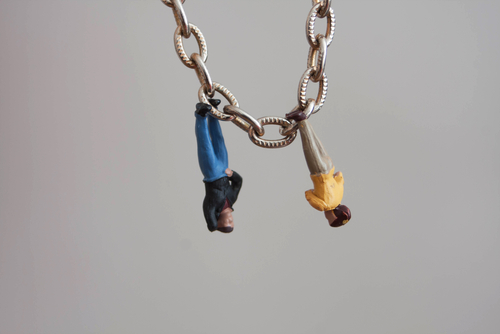Parent-child relationships are complex and powerful, and they shape our lives in profound ways. For some people, family dynamics are characterized by codependency, which can have a lasting impact on their emotional well-being. Recognizing the signs of a codependent parent is the crucial first step toward understanding the issue you need to address.
Codependent child-parent relationships can be emotionally harmful and, in certain cases, even abusive. These unhealthy dynamics undermine the child’s sense of self-worth and hinder their ability to develop a distinct personality. With their feelings and needs disregarded, they usually struggle to establish their own identity and make autonomous choices.
Furthermore, children often emulate their parents’ behaviors, including codependency, perpetuating the cycle in future relationships. This can influence their own parenting style, leading to a pattern of codependency in their own families.
Recognizing codependency in one’s primary family is crucial for understanding the complexities of relationships. This awareness provides an opportunity for healing and breaking free from these patterns so children of codependent parents can work towards developing healthier, more balanced relationships based on genuine love, support, and individual growth.
How Do I Know If My Parents Are Codependent?
If you’re here trying to find out how to deal with codependent parents, it’s important to understand the dynamics of your family relationships. To determine if your parents exhibit this type of behavior pattern, consider the following signs of a codependent parent:
Excessive Caretaking
Codependent parents may irrationally focus on their children’s needs and neglect their own well-being. Even though many parents prioritize their children’s happiness and success above their own, deriving their whole sense of identity and self-worth from their role as caretakers is one of the red flags.
Lack of Boundaries
Difficulty allowing their children to develop independence, constantly intruding on their lives, and lacking respect for personal boundaries. In some cases, this might go as far as trying to control every aspect of their child’s life and ignoring their true needs and desires.
Emotional Fusion
This usually means exhibiting difficulty in differentiating their own emotions from their children’s. Parents might overly identify with their children’s experiences, feeling responsible for their emotions or attempting to control or manipulate their feelings, usually by being passive-aggressive or by self-victimization.
Enabling Behavior
Enabling a child’s unhealthy or risky behaviors or shielding them from facing the consequences is another common sign. Parents may struggle to say “no” or to establish firm boundaries, fearing rejection or conflict.
Low Self-Esteem
Parents might seek validation and self-worth through their children’s achievements or approval. They frequently place a heavy burden on their children by relying on them for emotional support or by being overly critical if a child fails to meet expectations or makes decisions they disapprove of.
If you observe these signs in your parents, try to approach the situation with empathy and understanding. Both you and your parents have to navigate your own journeys of healing and establishing healthier behavior patterns, both separately and in your relationship.

Do Codependent Parents Love Their Children?
Like most parents, codependents love their children and usually have a deep desire to care for them and protect them. The problem, however, is that the expression of that love can be influenced and complicated by codependent behaviors and patterns. Their love is entangled with enabling behaviors, emotional fusion, and an excessive focus on children’s needs as they perceive them.
As codependency often stems from underlying emotional issues and unhealthy relationship dynamics in their primary families, codependent parents’ actions might be led by the fear of abandonment, excessive need for control, or a desire to find self-worth through their children’s achievements.
While their love is genuine, codependent behavior and the family dynamic it creates can hinder the child’s emotional development and independence. These patterns can inhibit personal growth, prevent the child from developing their own identity, and create an unhealthy reliance on parents.
Are Codependent Parents Narcissists?
While there might be some overlapping traits or behaviors between codependent and narcissistic parents, they are distinct concepts that represent two different patterns of relating to others and navigating relationships.
As opposed to excessive caretaking of codependency, narcissistic parenting is characterized by an intense focus on oneself, a need for admiration, and a lack of empathy towards others, including one’s own children. Narcissistic parents might exploit or manipulate their children to meet their own needs, seek constant attention and validation, and struggle to recognize or address their child’s emotional well-being.
Although it may seem contradictory, in some cases it’s possible for one person to exhibit both narcissistic and codependent traits. This can create a complex dynamic within relationships, especially when children are involved. A person who is both narcissistic and codependent oscillates between seeking admiration and attention while also relying on others for validation and self-worth.
This combination of traits can lead to inconsistent and confusing patterns of behavior, affecting the emotional well-being of children within the family. Children raised in such an environment frequently struggle with their own self-esteem as they navigate the shifting dynamics and attempt to meet the needs of their parents.
When it comes to the combination of these two particular traits, the most common problematic family issue is usually a marriage between a codependent and a narcissist. In a way, they make the “perfectly” toxic couple attracted by their complementary roles. Since narcissistic individuals thrive on receiving constant attention and admiration, this dynamic can initially create a sense of balance and fulfillment in the relationship, as the codependent partner feels needed, special, and important, and the narcissistic person receives the desired attention. This validation becomes addictive for both sides.
It’s important to note that this attraction is not healthy or sustainable in the long run. Codependent-narcissistic relationships often become imbalanced, toxic, and emotionally draining for both partners, and they can be particularly damaging for children growing up in such families as they perpetuate the cycle of dysfunction.
How Do You Detach From Codependent Parents?
This can be a difficult process, but it’s essential for one’s well-being and personal growth. Some common steps toward detaching from codependent parents include:
- Self-awareness. Understanding codependency and its impact on your life. Recognizing the unhealthy patterns and dynamics in your relationship with your parents. Identifying and connecting to your own feelings.
- Boundaries. To protect your emotional and mental well-being, the question of how to set boundaries with codependent parents is essential. Communicate your needs respectfully but assertively, and be prepared to enforce them.
- Self-care. Engage in activities that bring you joy and fulfillment, and seek support from friends, experts, or support groups.
- Emotional detachment. Create emotional distance by focusing on your own emotional well-being. Practice self-reflection, work on developing healthy coping mechanisms, and cultivate a support network outside of your codependent parents.
- Expert help. Complex emotions and challenges associated with detaching from codependent parents might require guidance from trained professionals who can provide support tailored to your specific situation.
- Cultivating independence. Explore your interests, set and pursue personal goals, and start building a strong sense of self-worth independent of your parents’ validation.
- Letting go of guilt. Detaching doesn’t mean that you no longer love your parents or care for them. It’s a necessary step toward creating healthier boundaries and fostering your independence, emotional self-sufficiency and well-being.

Learn How To Deal With Codependent Parents With PIVOT’s Guidance
Detaching from codependent parents is a challenging personal journey and a mental health process that takes time. Be patient with yourself and your parents, and remember that these complicated issues can often be passed down through generations and that resolving them frequently requires expert guidance. Our relationship advocates can guide you along the way and help you develop strategies for establishing a healthier and more balanced relationship with your parents while prioritizing your own growth and well-being. Additionally, you can find support and understanding among people who have experienced similar challenges and understand the struggle. Change the scenery and join us at the Glass House retreat as we navigate the path toward greater self-awareness and liberation from codependent patterns. These intimate, small-group workshops are led by experienced PIVOT coaches. Escaping the cage of codependency is the only way forward – for your own well-being and that of your parents.

